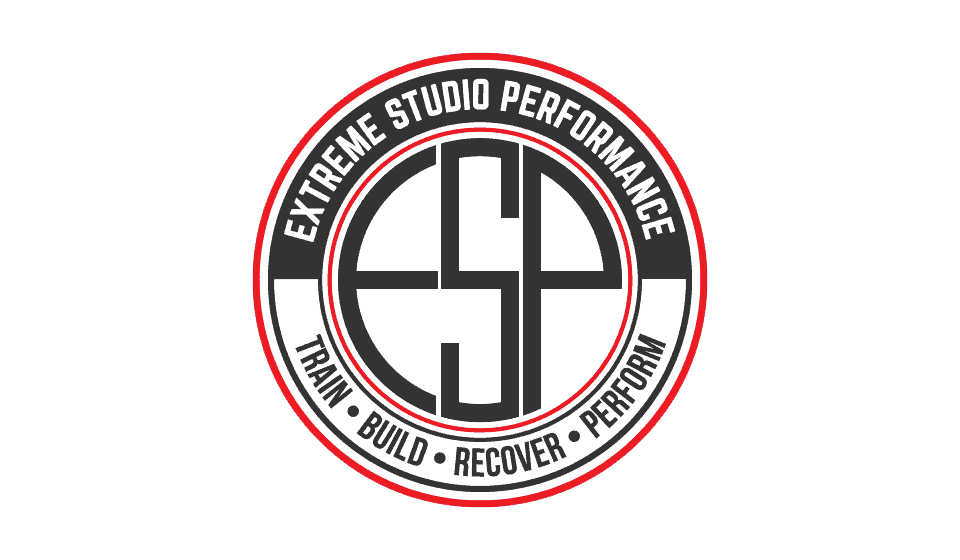
There are a lot of factors that can dramatically improve or reduce your gains while training. Rest, nutrition, technique, and even picking the right lifts are just a few of those many factors. But there’s one sneaky factor that can kill gains for even the most educated and well-versed athlete: Effort.

Is Failure Actually Good?
I’m sure you’re thinking that you always give your best effort, right? But what if you’re lying to yourself? Say it isn’t so!
Gains aren’t made during the easy reps. Gains are made during those last few reps when you are pushing you’re toward failure. Nothing new here for veteran lifters.
Failure happens in one of two ways. The first, and optimal, is a true muscular failure. That’s when you maintain proper mechanical form with each rep and grind out the hard reps until your muscle is literally unable to continue to lift without assistance. In other words, the ideal case for maximizing gains.
The second type of failure is mechanical failure. This occurs when you cheat the quality of your reps for the sake of completion. Examples of mechanical failure include (but not limited to) swinging rep for momentum, changing your positioning to recruit help from other muscle groups, and rushing the negative motion of the rep.
The Sneaky Cost of The Wrong Type of Failure
Mechanical failure has all sorts of negative side effects. Injury is the most extreme concern, and yet safety should always be a priority. You also stop targeting the appropriate muscle group which cheats your ability to overload, recover, and gain muscle. Keeping optimal mechanical form is essential for continuing to grow.
But there’s another side to mechanical failure that no one wants to talk about: Weakness. Not muscular weakness; mental weakness! Mechanical failure happens when your body and mind are looking for the path of least resistance. It makes the lift easier. It “saves” you from the burn. It’s also your excuse to short yourself.
Reclaiming Your Gains
The problem is that you probably could have kept going without breaking your form. If you had kept your form, you may not have finished all the reps in the set, but you would have earned more gains.
One of the most simple ways to tell if you’re breaking form for ease is the speed complete your reps. As you approach proper muscular failure, your reps should begin to slow down and require more effort to complete.* When you feel the strain of approaching muscular failure and change your mechanics to keep repping out at the same pace, you never allow your body to properly reach peak gains.
*Note: This is true of the majority of exercises. There are some exceptions with progressive lifts that start easy and become significantly more difficult near the end of the range of motion. Those may have a more sharp dropoff.
The best way to overcome cheating yourself is accountability. A gym community like Extreme Studio Performance is a great place to workout because there’s accountability everywhere. When someone else is there to help watch and guide you through the hard reps, you’re no longer relying just on yourself to be the best you can be. It’s also an area where a personal trainer can help you break plateaus. Personal trainers have experience monitoring and correcting form and can tell the difference between someone taking shortcuts and someone being truly exhausted.
If you’re ready to take your game to the next level, give Extreme Studio Performance a try. Our community is actually a community, not just a bunch of random people lifting, and you can get the help and accountability to grow. This Place Will Change You If you Let It.
